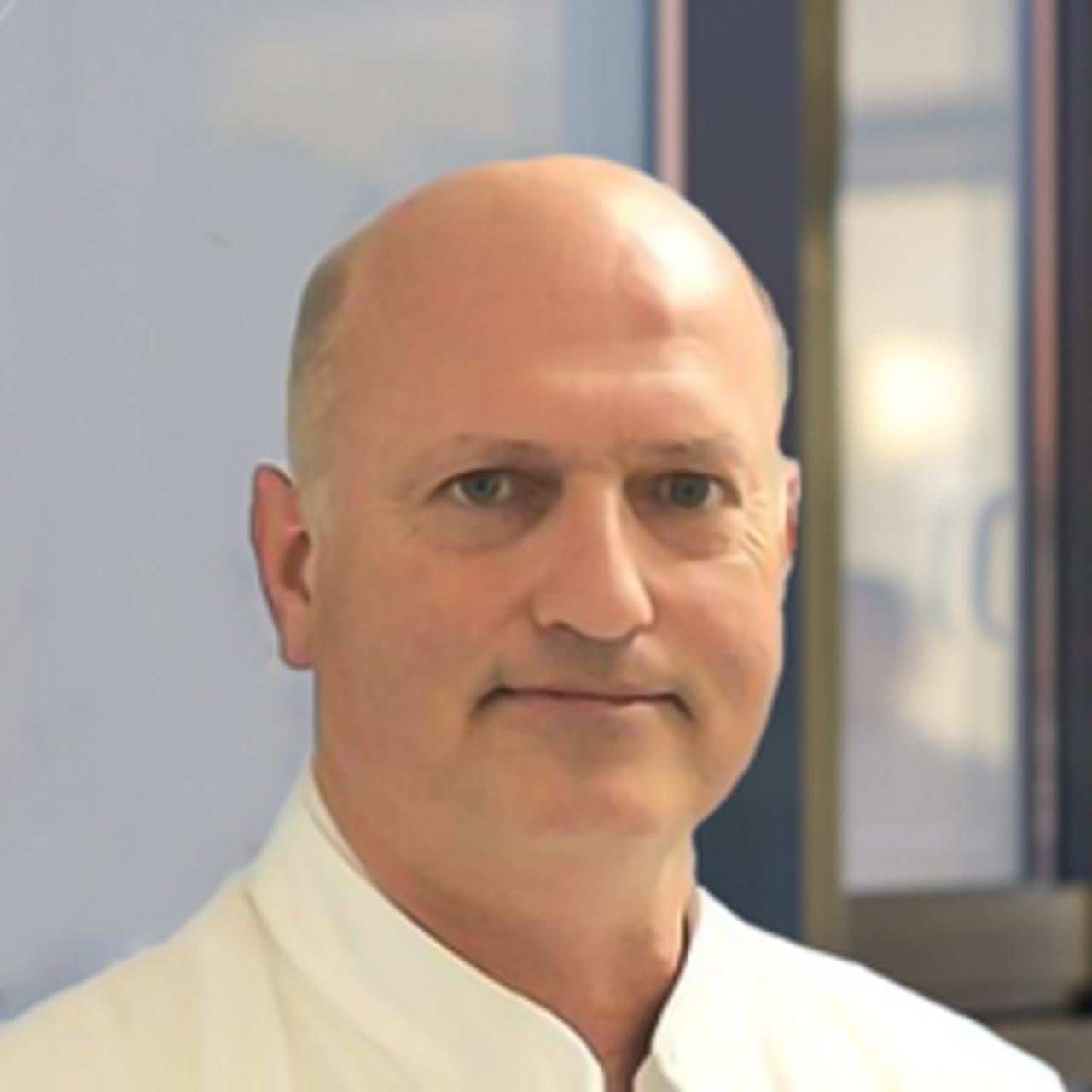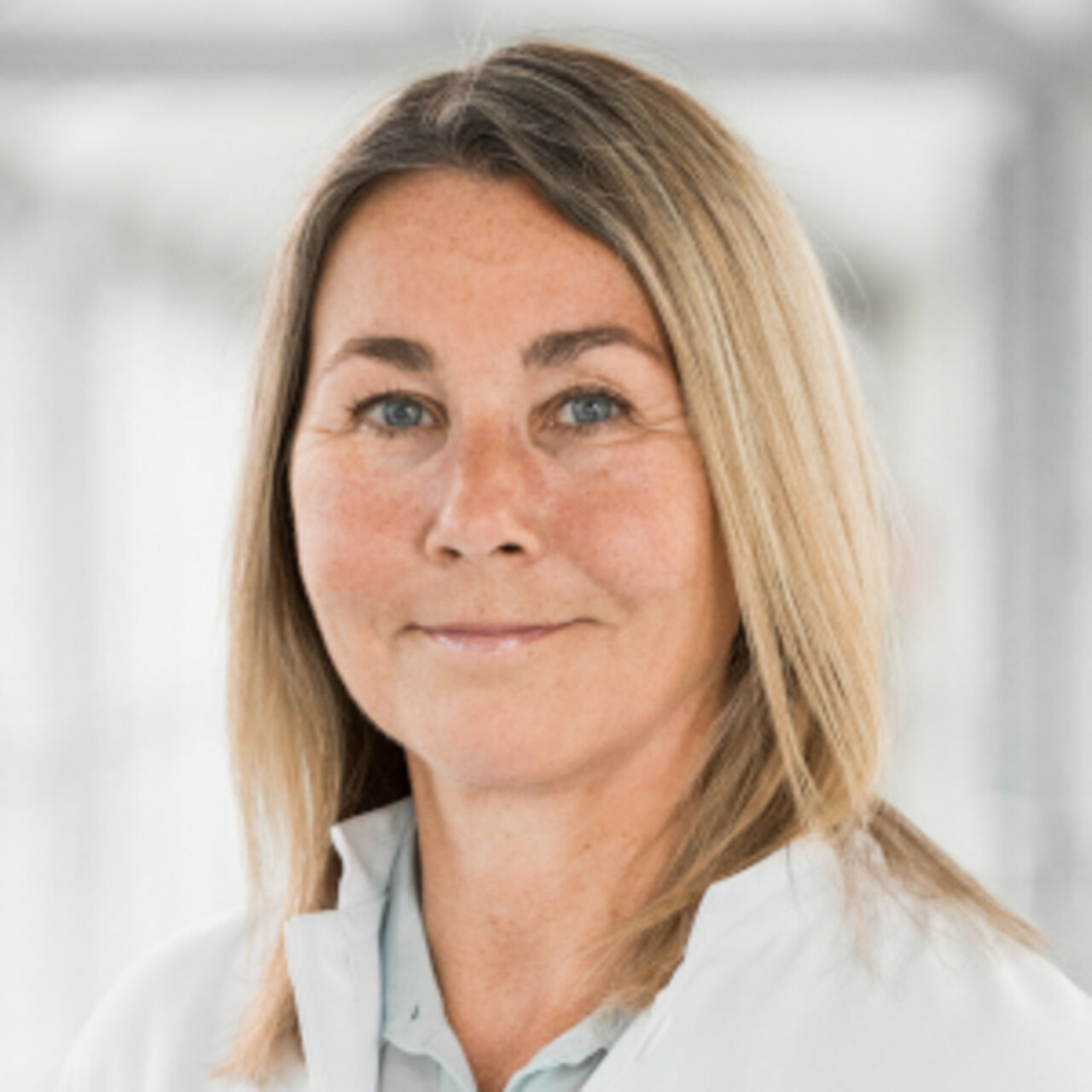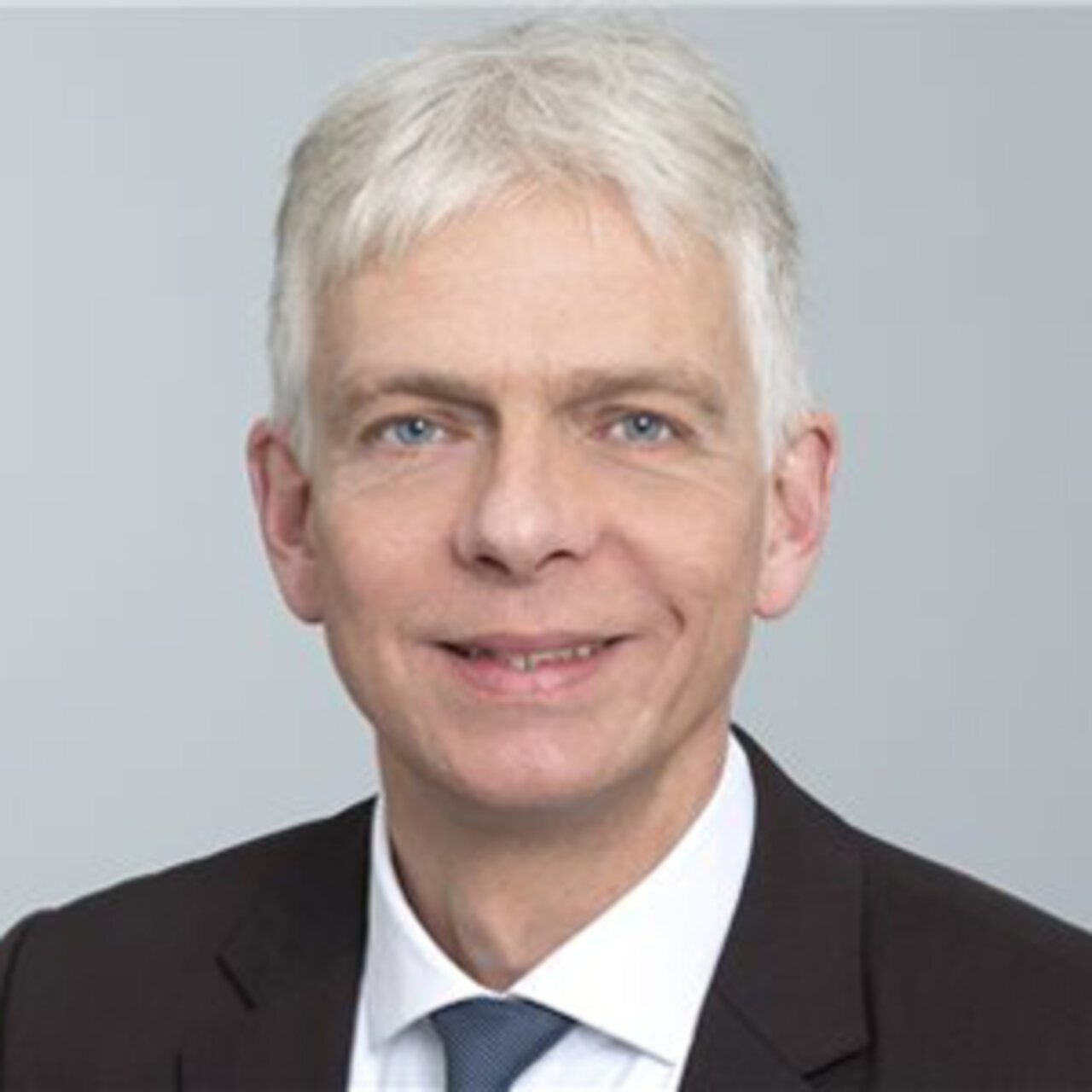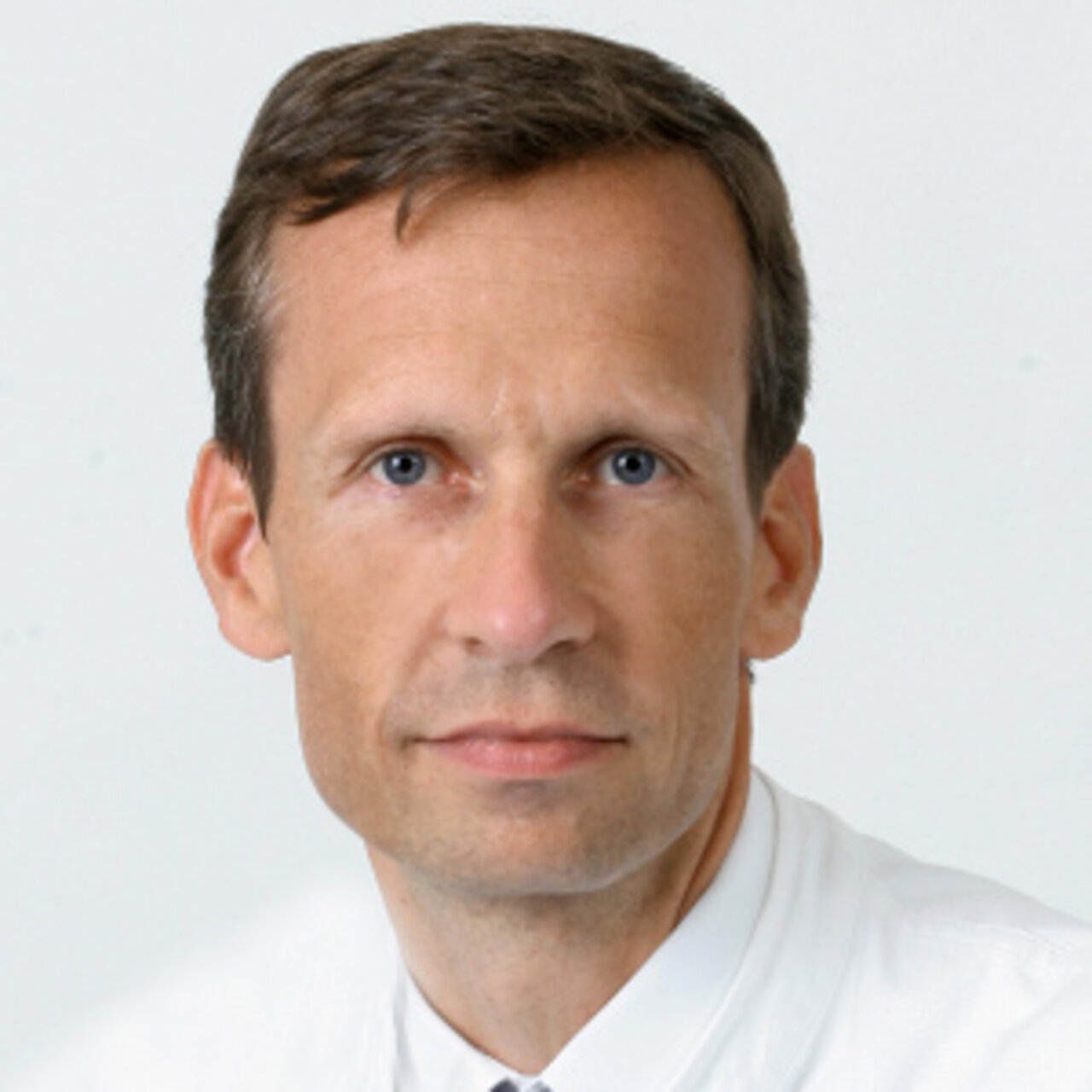Specialists in Thyroid surgery
9 Specialists found
Clinic Bel Etage – Clinic for Ear-, Nose-, and Throat Medicine
Ear, Nose, and Throat Medicine
Dusseldorf
Information About the Field of Thyroid surgery
Available Surgical Methods for the Thyroid?
The surgical methods differ according to the amount of tissue to be removed. Depending on the diagnosis, it is sufficient to remove altered tissue, but sometimes it means healthy tissue is also included.
- Goiter resection: partial removal of the enlarged thyroid
- Thyroidectomy: complete removal of the thyroid
- Hemithyroidectomy: complete removal of a thyroid lobe
- Enucleation: removal of a node from the thyroid gland
For Which Diseases Is a Thyroid Surgery Carried Out?
The thyroid is a so-called endocrine organ, which means that the thyroid gland synthesizes hormones and releases them into the blood. If the thyroid tissue is altered, whether, by cell proliferation or inflammation, there is an altered release of hormones into the blood. This can be increased or decreased and affects the overall hormone balance of the body. Therefore, thyroid changes must always be treated. Radioiodine therapy, drug therapy, and surgical removal are possible. Surgery is considered for the following conditions:
- Goiter
- Graves' disease
- Autonomous adenoma
- Hashimoto's thyroiditis
- Thyroiditis
- Thyroid Cancer
When Does Thyroid Surgery Become Necessary?
Surgery in the thyroid gland is advisable when an enlarged thyroid gland causes other organs' constriction. Constriction of the trachea or esophagus leads to swallowing or breathing difficulties or a feeling of pressure in the throat and is, therefore, a significant disturbance in everyday life. Surgery should also be carried out if a malignant thyroid tumor (thyroid carcinoma) is suspected.
It is not possible to make a general statement about the treatment of thyroid nodules, as a distinction is made between "cold" and "hot" nodules. Cold nodules produce fewer hormones than healthy thyroid tissue and are removed by thyroid surgery if they proliferate quickly or malignancy is suspected. Hot nodules produce more thyroid hormones and lead to hyperthyroidism. Radiotherapy is primarily used for the treatment. Surgical removal of the nodes is indicated when the therapy fails.
Graves' disease, which is an autoimmune disease in where antibodies are directed against the TSH receptor of the thyroid gland and promote the organ in its hormone synthesis, is primarily treated with thyroid surgery. This leads to hyperthyroidism so that the blood count shows increased inflammation parameters as well as increased thyroid hormones.
The Pros And Cons of Thyroid Surgery?
Most thyroid surgeries are routine procedures. Minimal invasive surgical techniques usually allow the patient a quick recovery. Since changes in the thyroid tissue affect the hormone balance, therapy is recommended. In the case of malignant changes, there is a risk of spreading into surrounding body tissue, so that surgical removal of the degenerated tissue is highly recommended.
Procedure And Duration of a Thyroid Surgery
Most thyroid surgeries last one to two hours and are carried out under general anesthesia. The surgeon enters the body via a small incision below the neck. This collar incision is cosmetically inconspicuous, as it is hidden by the collar of clothing in everyday life. The surgeon exposes the thyroid and, depending on the diagnosis, removes only diseased tissue or healthy tissue if necessary.
If it is not clear before the surgery whether the tumor is benign or malignant, the removed tissue (biopsy) is examined by the pathologist during the procedure (frozen section examination). Since the thyroid is located in the direct neighborhood of many important structures, particular care is taken during thyroid surgery to spare the neighborhood as much as possible. In particular, the vocal cords and parathyroid glands are left as unaffected as possible. Before the wound is closed, a drainage tube is inserted, which allows blood and wound secretion to drain after the surgery.
What Should Be Considered After Thyroidectomy?
The expected inpatient stay after thyroid surgery is two to three days. The day after the surgery, patients are allowed to get up, drink, and eat normally. The wound drainage tube is removed on the first or second day after the operation. The stitches are removed after one week unless absorbable material has been used. An ENT physician will check the vocal cord function postoperative to exclude damage to the ligaments and the supplying nerve. One week after discharge from the hospital, all activities can be resumed.
Four to six weeks after the surgery, the hormone balance is checked by a blood examination, which can be carried out by the general practitioner. Based on the results of the laboratory, the general practitioner decides on the administration of thyroid hormones. After the thyroidectomy, a lifelong intake of thyroid hormones will be necessary, as the body itself no longer synthesizes thyroid hormones. The general practitioner also monitors the wound healing and can remove the stitches at the right time. Until then, the wound is covered with a patch. Patients are advised not to bathe or shower this area extensively.
If the surgery was carried out for a goiter, preventive measures, among others, taking iodine tablets, if it was a thyroid cancer surgery, radioiodine therapy usually follows after four to six weeks.
Which Medical Specialists for Thyroid Surgery Are There in Germany, Switzerland, and Austria?
The diagnosis and therapy of thyroid diseases are carried out interdisciplinary in clinics. Internists, endocrinologists, surgeons, nuclear, and laboratory physicians work together on an interdisciplinary basis. To enable optimal cooperation between the specialized areas, large hospitals have established so-called "thyroid centers." All the necessary doctors are in one facility and can care for the patient face to face. Thyroid gland surgeries are not listed in the "catalog of surgeries that can be carried out in outpatient settings." Such surgeries can only be carried out with a subsequent inpatient stay.
We will help you to find an expert for your illness. All listed doctors and clinics have been checked by us for their outstanding specialization in thyroid surgery and await your inquiry or treatment request.
Sources:
- Dietlein et al., S1-Leitlinie Radioiodtherapie beim differenzierten Schilddrüsenkarzinom, Deutsche Gesellschaft für Nuklearmedizin (DGN)
- Musholt et al., S2k-Leitlinie Maligne Schilddrüsenerkrankungen, operative Therapie, Deutsche Gesellschaft für Allgemein- und Viszeralchirurgie (DGAV)
- Rothmund, Praxis der Viszeralchirurgie, Springer
- Siewert, Chirurgie, Springer








